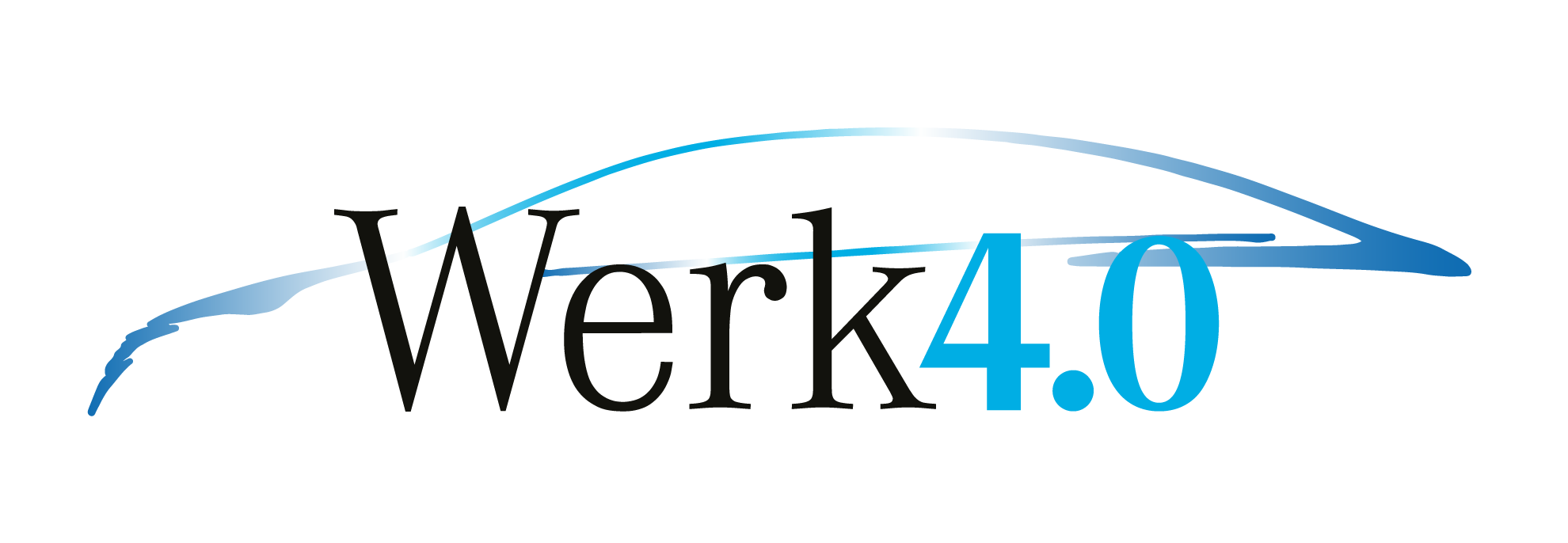The automotive industry is evolving. Electrification and digitalization are fundamentally changing it. Consequently, the global production network of Mercedes-Benz, with all its vehicle and drive factories, is also changing. Motivated by this, the project deals with a future production system for the German luxury car manufacturer. The project is taking place in line with other companies undergoing transformation.
Werk 4.0
From conventional production plant to resilient competence plant by means of Industry 4.0

In the project, a resilient production concept is developed and implemented by integrating innovative technologies. This will enable faster adaptations to unpredictable changes in market and technology requirements and the products of the future to be manufactured in a timely manner.
Building on various necessary technical innovations, this initially means restructuring. The new structure builds on the DevOps concept developed in the software industry in which development, planning, launch and production are no longer organizationally separate, sequential or partially parallelized, but that these functions are jointly designed and responsible from start to finish (E2E). Production becomes more intelligent and acquires the necessary competence to introduce and implement changes itself on the basis of its current status and thus to respond better to external influences.
Digital process chain and assistance system
The Fraunhofer IPK subproject »Design and validation of the digital process chain and an assistance system« will research and experimentally validate key technologies for resilient and networked production in the real environment. From this, reliable statements about the usability of these technologies will be derivable for the entire automotive industry.
To ensure reliable digital consistency along the specialist departments, from design to production, the Fraunhofer IPK team is developing a language that can be used to describe components and production processes in a uniform manner. The goal is to be able to automatically translate orders into machine programs and thus enable a new dimension of variant flexibility. In the other direction, the aim is to create a way of feeding back feedback from later process steps and lifecycle phases. This will allow designs and other upstream processes to be optimized and future product generation to be better planned.
A second focus is on the technical harmonization of manual and automated processes. Workers on the shop floor are to be provided with an assistance system and intuitive operation and programming of robots and machines that will make their work physically easier and tend to relieve them of repetitive tasks.
Augmented reality enables context-based assembly instructions and visual aids to be displayed directly in the field of vision of workers, helping to reduce training times, minimize errors, and increase efficiency and assembly quality.
The questions posed by the project are being investigated using assembly tasks in the context of electromobility in real production. Through this testing, the researchers at Fraunhofer IPK aim to generate robust evidence about the functionality and limitations of the technologies used.
Cooperation partners
- Mercedes-Benz AG, Stuttgart (Coordination)
- Fraunhofer IPK, Berlin
- Werner-von-Siemens Centre for Industry and Science e.V., Berlin
- pi4 robotics GmbH, Berlin
- MetraLabs GmbH Neue Technologien und Systeme, Ilmenau
- 5thIndustry GmbH, Berlin
- Cybus GmbH, Hamburg
- ASCon Systems Holding GmbH, Stuttgart
- IBM Deutschland GmbH, Ehningen
- Technische Universität Berlin, Berlin
- Technische Universität Dresden, Dresden
- GESTALT Robotics GmbH, Berlin
- EKS InTec GmbH, Weingarten
 Fraunhofer Institute for Production Systems and Design Technology
Fraunhofer Institute for Production Systems and Design Technology